Cabinet Hardware Installation Costs
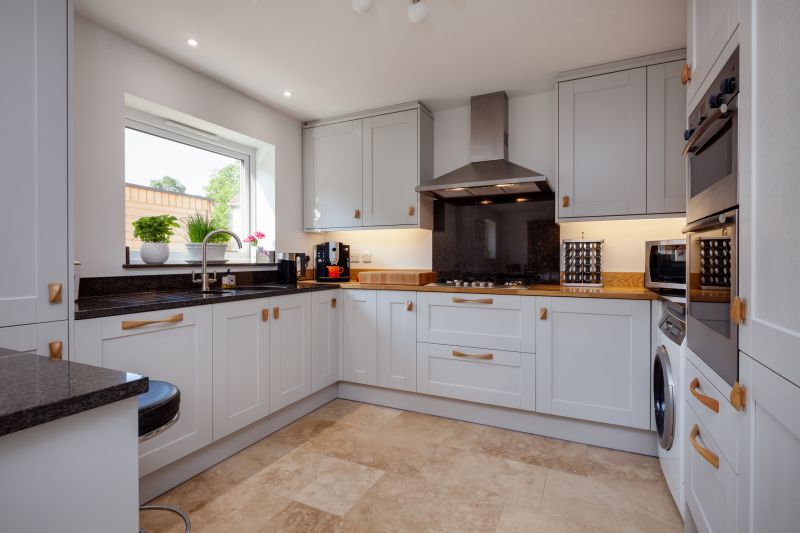
Premium materials like solid brass or stainless steel can increase costs compared to basic options.
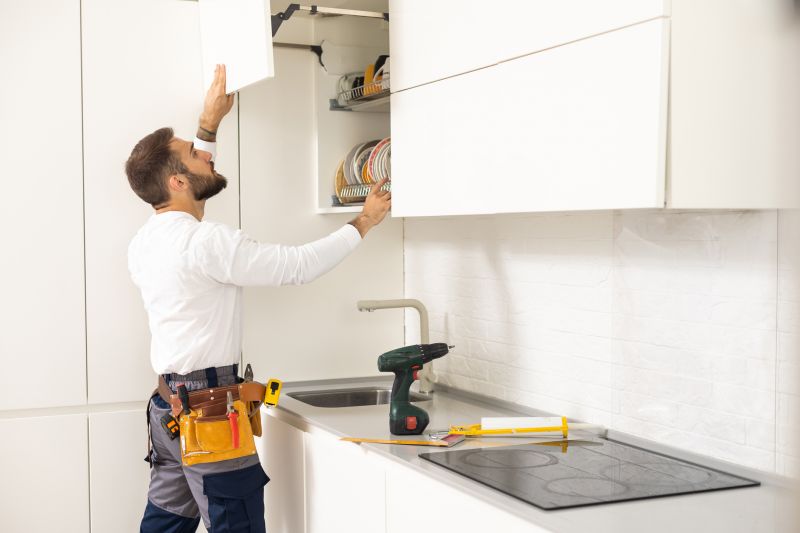
Larger kitchens with more cabinets require more hardware and labor, affecting total expenses.
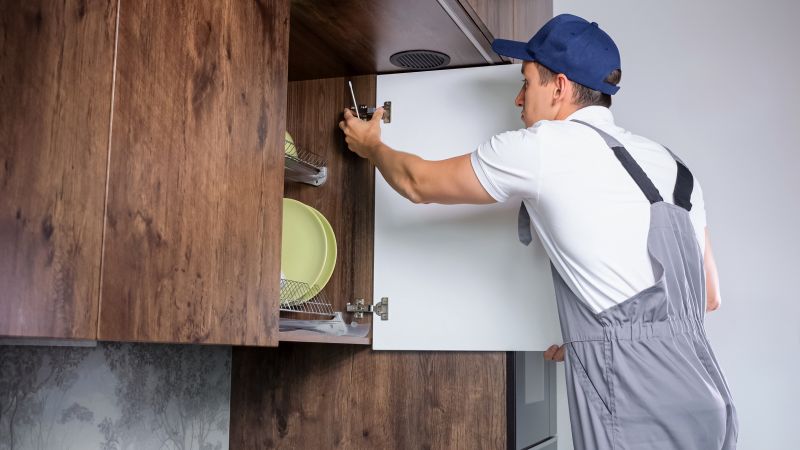
Custom or intricate cabinet designs may require additional effort, influencing installation costs.
| Factor | Impact on Cost |
|---|---|
| Hardware Material | High-quality materials increase expenses. |
| Number of Cabinets | More cabinets lead to higher labor and material costs. |
| Type of Hardware | Specialized or custom hardware elevates total costs. |
| Labor Complexity | Complex installations require more time and skill, raising costs. |
| Location | Regional labor rates can vary significantly. |
| Project Size | Larger projects often benefit from economies of scale. |
| Design Customization | Unique designs may necessitate specialized labor. |
| Timing and Scheduling | Urgent projects can incur premium charges. |
Additional costs may include preparation work, hardware removal, and disposal, which can add to the total expenditure. Accurate budgeting requires a detailed assessment of the scope, hardware preferences, and site-specific conditions to ensure a comprehensive understanding of potential costs.
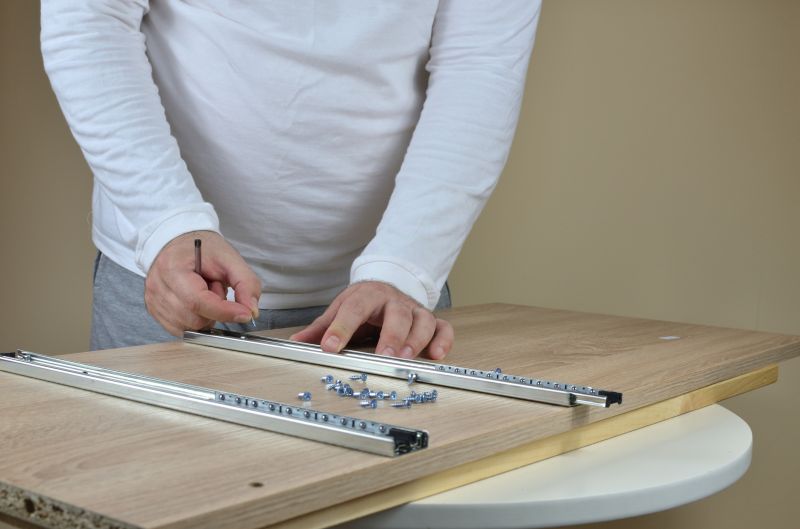
Drawer slides and hinges inside cabinets can vary in cost depending on quality and mechanism.
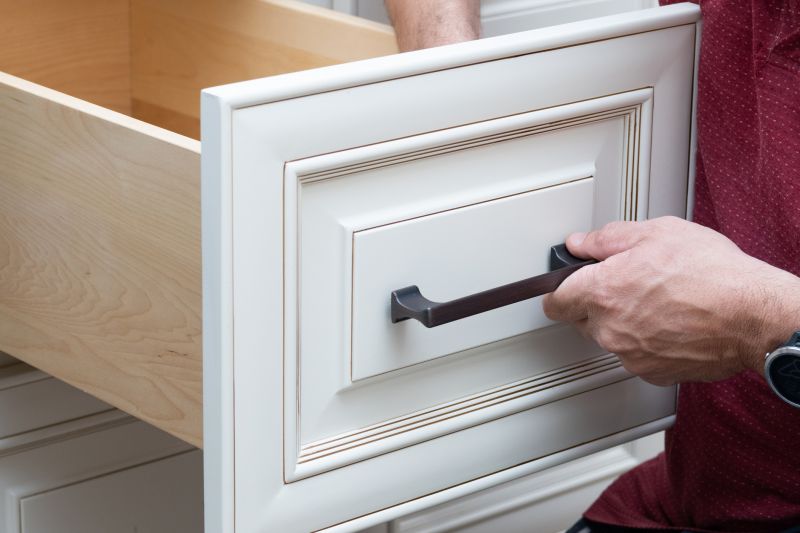
Design and material choices for handles influence the overall aesthetic cost.
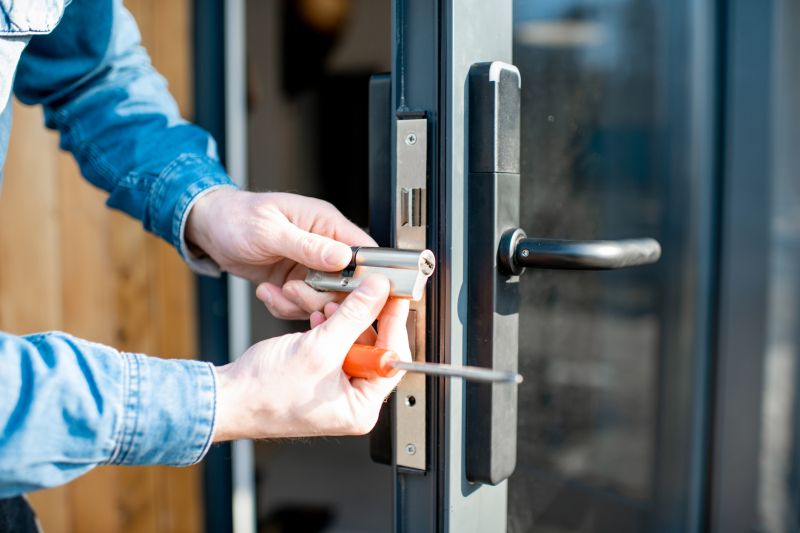
Security features like locks add to hardware expenses.
| Service | Average Cost Range |
|---|---|
| Basic Hardware Installation | $150 - $300 per project |
| Custom Hardware Fitting | $300 - $700 per project |
| High-End Hardware Replacement | $700 - $1500 per project |
| Drawer Slide Replacement | $50 - $150 per drawer |
| Hinge Replacement | $20 - $50 per hinge |
| Locking Mechanism Installation | $100 - $250 per lock |
| Hardware Removal and Disposal | $50 - $100 |
| Interior Hardware Upgrades | $200 - $500 |



